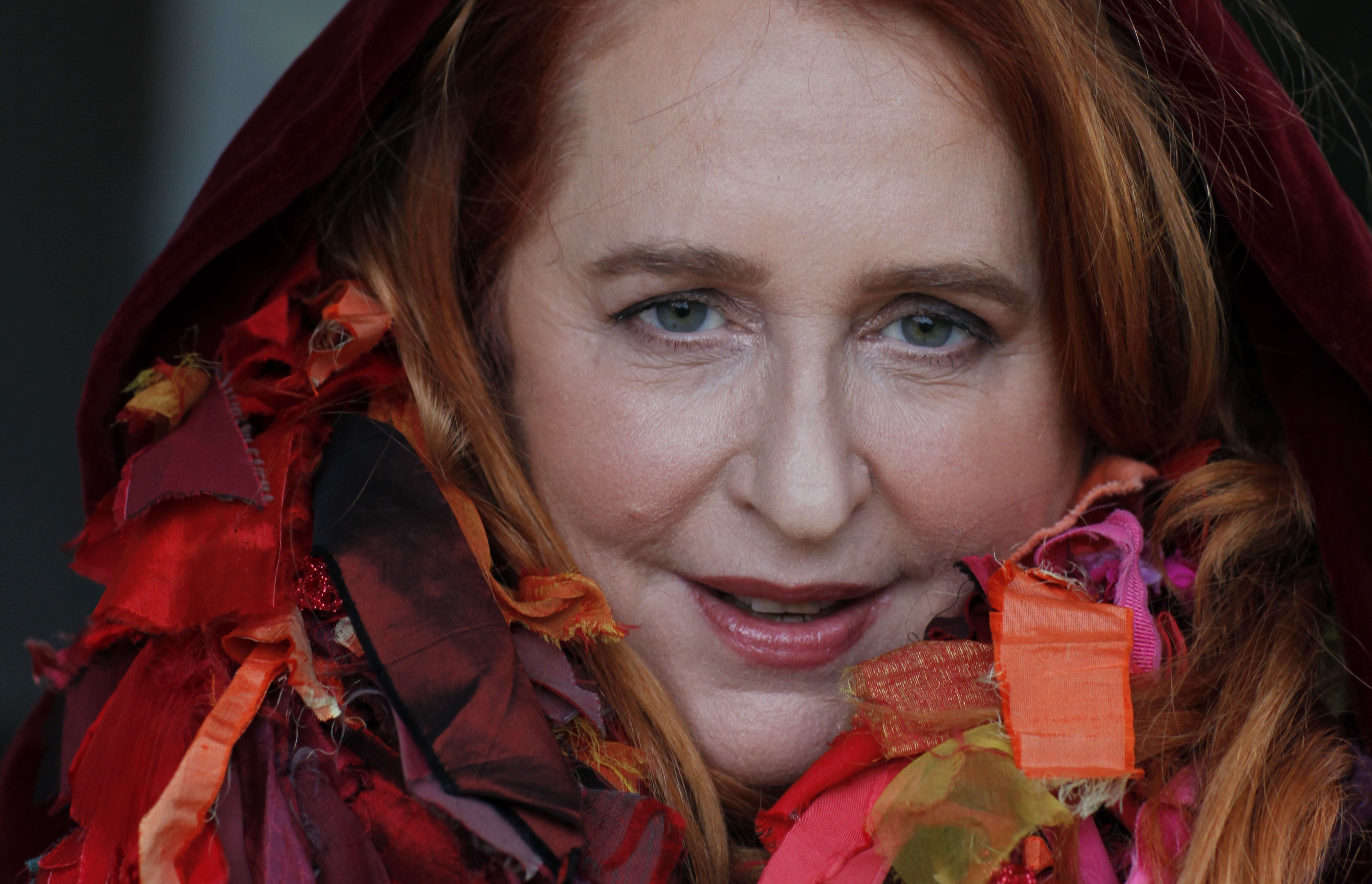
Mary Coughlan Photo: supplied
Jazz singer Mary Coughlan is regarded as an Irish national treasure, who is also treasured for her extraordinary candour – her personal story includes childhood sexual abuse, alcoholism, attempted suicide and cocaine dependency.
She talks with Kim Hill about her "epic journey".
Coughlan says she for a great part of her life she buried shame with alcohol and drugs.
"I felt so bad being a woman and being a mother and being an alcoholic and a coke addict and having a family and destroying marriages... the trail of destruction I left."
Now she's never tempted to drink.
"I am just so grateful that I have never wanted a drink in all of the stuff that's gone on in the past 23 years. I did relapse and took cocaine for a while, but that's a long time ago. It's been a long road and it's been difficult, but I've never wanted to go back to it, and I'm grateful for that."
For years, Coughlan used anger to survive, she says.
In 2006, a text message battle with fellow Irish singer Sinead O'Connor blew up in the tabloids when O'Connor began seeing Coughlan's ex-husband Frank Bonadio,
"I was in in New Zealand and Frank said [in a text message] 'Guess who I'm going out with tomorrow night'. I said 'I don't really care, Frank'. He said 'I'm going out with Sinead O'Connor'. And I said 'Well, you'd better watch yourself there. Blah blah blah. She collects men like trophies'. [O'Connor] grabbed the phone from him. She saw the texts and she sent the texts to the newspapers."
The resulting fight was 'horrific'.
"It was bad and I reacted very badly. In these past ten years, Frank and I are good friends. We have an unusual family. [O'Connor] comes up to dinner, I look after her kids... When she's well and around she's been up for dinner. It's all good now. All the bitterness and all the bile is gone."
After getting stents put in last year, Coughlan says she did some thinking about what was really weighing on her heart. She began regression therapy with the Irish psychiatrist Ivor Browne.
"I realised I was holding on to stuff and it was making me sick physically – blood pressure, heart attacks. The blockages in my heart were 99% and 97% in my arteries. And I do believe the work that we were doing was unblocking them.
"You know when animals are in danger they either flee or fight. When something happens to a human they generally freeze. I think I had a lot of frozen moments that I started to re-experience in the past several years."
She even went through regression therapy on camera for a film about Browne, Meetings with Ivor.
"You're in the chair and Ivor talks. He counts backwards when I'm comfortable. And you walk down these steps in your mind. You go into a place, a sort of cellar or a basement... and then suddenly you're somewhere that you recall, unconsciously or consciously. You recall a moment and you just stay there, you know, for as long as is necessary."
It can take her days to recover from the therapy sessions, but they're nothing to be afraid of, she says.
"They're experiences, they're feelings – they're not going to kill you.
"I'm on this epic journey and I want to get as much out of it as I can, you know?"
Mary Coughlan will be performing and talking about her best-selling autobiography Bloody Mary at the Auckland Writer's Festival in mid-May.
She’s also a guest at The Cavell Leitch NZ International Jazz and Blues Festival in Christchurch at the end of May.

